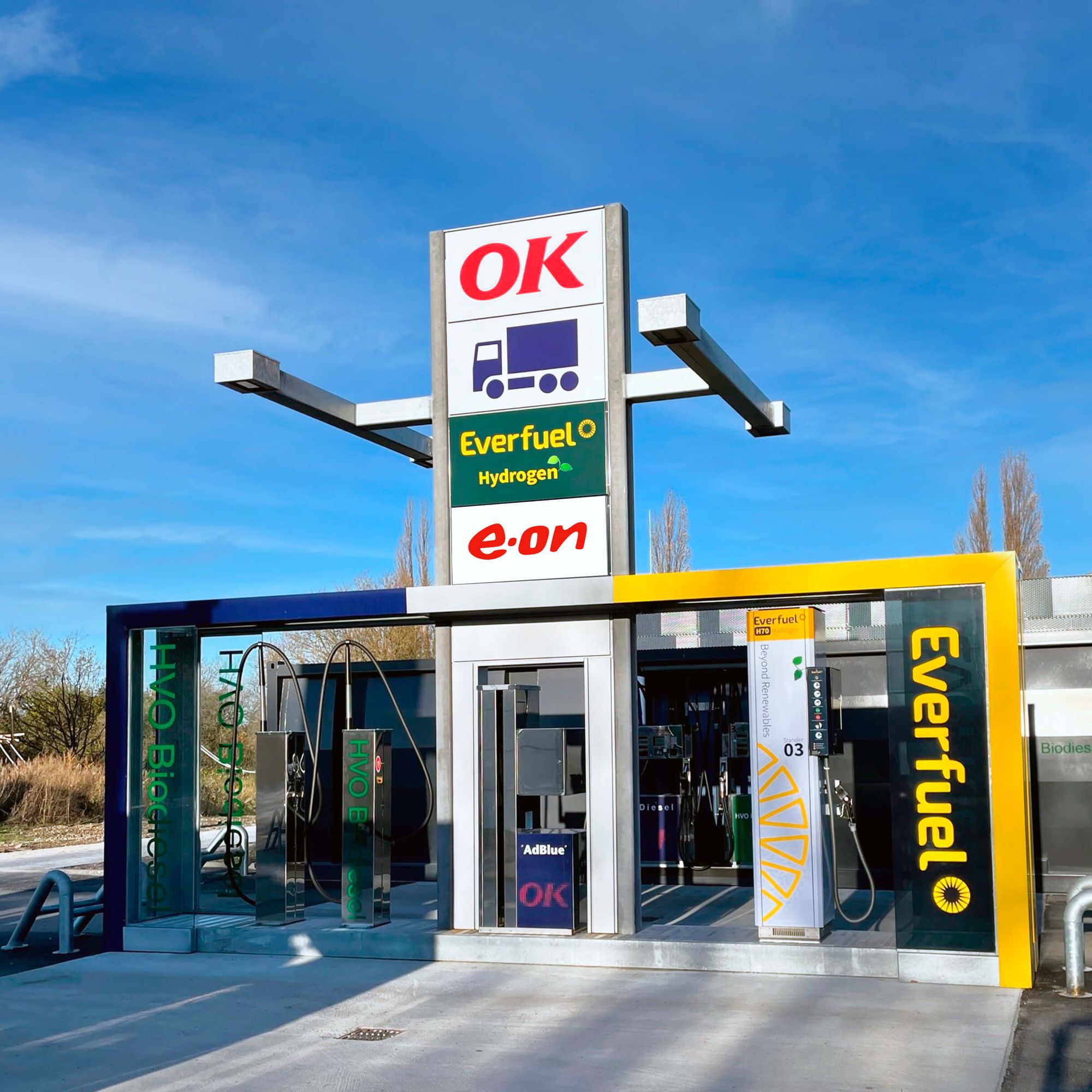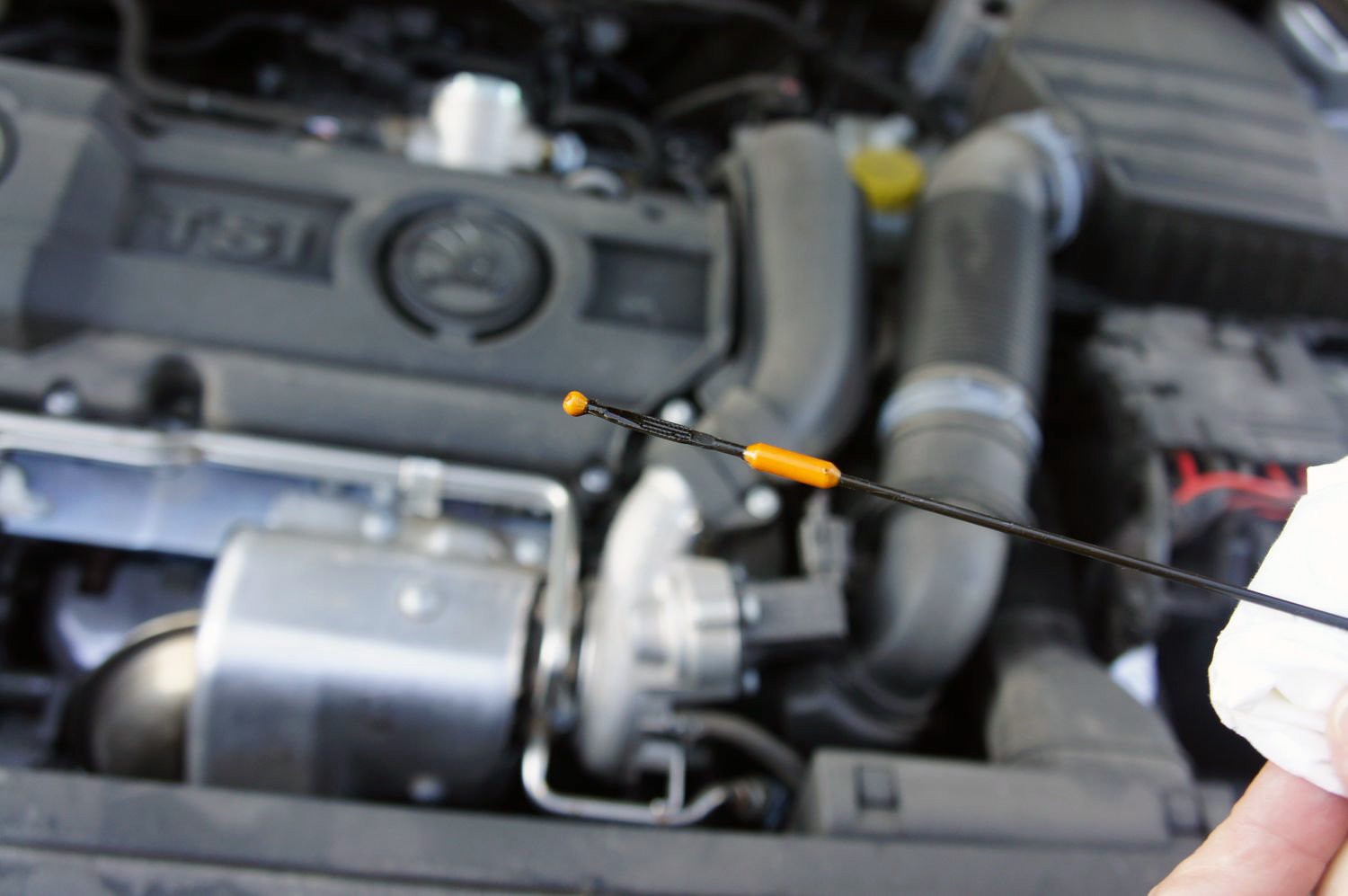
Alternative fuel - not only from gas stations!
Content
- Alternative fuels are not just about cost!
- Hydrogen as an alternative energy source
- CNG and LPG used in transport
- Biofuels – production of alternative fuels from organic products
- RDF fuel - a way to use waste?
- Will the Law on Electric Vehicles change the Polish car market?
- Renewable alternative fuels for cars - a trend that will stay with us
Passenger cars, as well as vans and trucks, should not use only conventional fuel to power their drives. In recent years, there are more and more environmentally friendly alternatives that also reduce operating costs. The most famous example is liquefied gas, which can be filled at almost every gas station in our country. Of course, there are many more examples, and some fuels have a future!
Alternative fuels are not just about cost!
Of course, when thinking about substances that can replace the fossil fuels that power our car engines, one cannot help but think about the costs associated with operation. And although the cost of fuel motivates people to look for alternatives, the environmental aspect is much more important. The extraction and burning of crude oil burdens the natural environment and results in the release of significant amounts of greenhouse gases and, for example, greenhouse gas emissions. soot particles, also responsible for smog. That's why some states and governments are putting a lot of emphasis on reducing vehicle emissions and using more natural energy sources for vehicles.
Hydrogen as an alternative energy source
Undoubtedly, hydrogen is one of the most promising areas in the automotive industry - Japanese brands, led by Toyota and Honda, are leading the development of this technology. The main advantage of hydrogen over the increasingly popular electric vehicles is the refueling time (a few minutes versus even several hours) and a large range. Driving performance is the same as electric cars because hydrogen cars are also equipped with electric motors (hydrogen is used to drive generators). During driving, only demineralized water is thrown out. The fuel itself can be transported from places rich in renewable energy sources (for example, Argentinean Patagonia, where wind energy is used).
CNG and LPG used in transport
Other, much more common alternative fuels are natural gas and propane-butane. If we talk about liquefied gas, then our country is one of the leading "gassed" countries in the world (more cars running on this fuel are registered only in Turkey), and methane is not as popular as, for example, in Italy or among citizens. buses in major cities of the world. Propane-butane is cheap, and when it is burned, much less harmful substances are released than gasoline. LNG can come from both traditional sources and biomass fermentation, just like biogas - in each case, its combustion releases less toxins and CO2 than gasoline and diesel.
Biofuels – production of alternative fuels from organic products
Many vehicles adapted to burn conventional fuels can be relatively easily converted to vehicles capable of using organic products. An example is, for example, biodiesel, which is a mixture of vegetable oils and methanol, for the production of which waste oil from catering establishments can be used. Old diesels can handle even direct driving on oils, but in winter liquid heating systems will be needed. Alternative fuels for gasoline cars include: ethanol (especially popular in South America) and is called biogasoline E85, that is, a mixture of ethanol and gasoline that most modern drives should be able to handle.
RDF fuel - a way to use waste?
One of the most important areas is the recovery of energy from waste in the form of so-called rdf fuel (waste-based fuel). Many of them are characterized by high energy value, reaching even 14-19 MJ/kg. Correctly processed secondary raw materials can be an admixture to traditional fuels or even completely replace them. Work is underway around the world to use pyrolysis plastic and used motor oil as fuel that can burn diesel engines - this way of converting waste produces less pollution and allows you to quickly take troublesome garbage to landfills. Today it is used, for example, by cement plants.
Will the Law on Electric Vehicles change the Polish car market?
When discussing the topic of alternative fuels, it is impossible not to discuss the issue of electric vehicles. They allow you to completely eliminate the emission of harmful substances during movement, which automatically improves air quality in cities. The Electric Mobility Act rewards such a decision, and its result will undoubtedly be the popularization of electric vehicles. Already today, in some EU Member States, changes can be seen in the direction of decarbonising transport and improving environmental performance. So far, this is not the most environmentally friendly solution in our country, due to the fact that electricity is obtained mainly from coal, but the direction of the ongoing changes indicates a good mood.
Should you buy an electric car today?
Undoubtedly, the current trend among those looking for alternative fuels and drive is the electric car. This can definitely contribute to the reduction of smog and pollution in the area, reducing carbon emissions and significant savings. Already today, having decided to buy an electric car, you can save a lot, and the number of models using this alternative type of drive is constantly increasing, and their prices are falling. Plus, you can get a lot of surcharges that make the purchase price easier to swallow. However, before you decide to buy, you should find out where the nearest charging station is and calculate how many kilometers you will make per year - is electric really profitable.
Renewable alternative fuels for cars - a trend that will stay with us
Whether we are talking about a plant that allows the use of biogas, biodiesel or other fossil fuels, or that makes better use of the energy contained in waste, vehicles running on alternative fuels are the future. Growing environmental awareness, as well as the ever better physical and chemical properties of the fuels obtained in this way, means that they will be increasingly used to power modern cars. Not only for our wallets, but also for the environment and the quality of the air we breathe.
